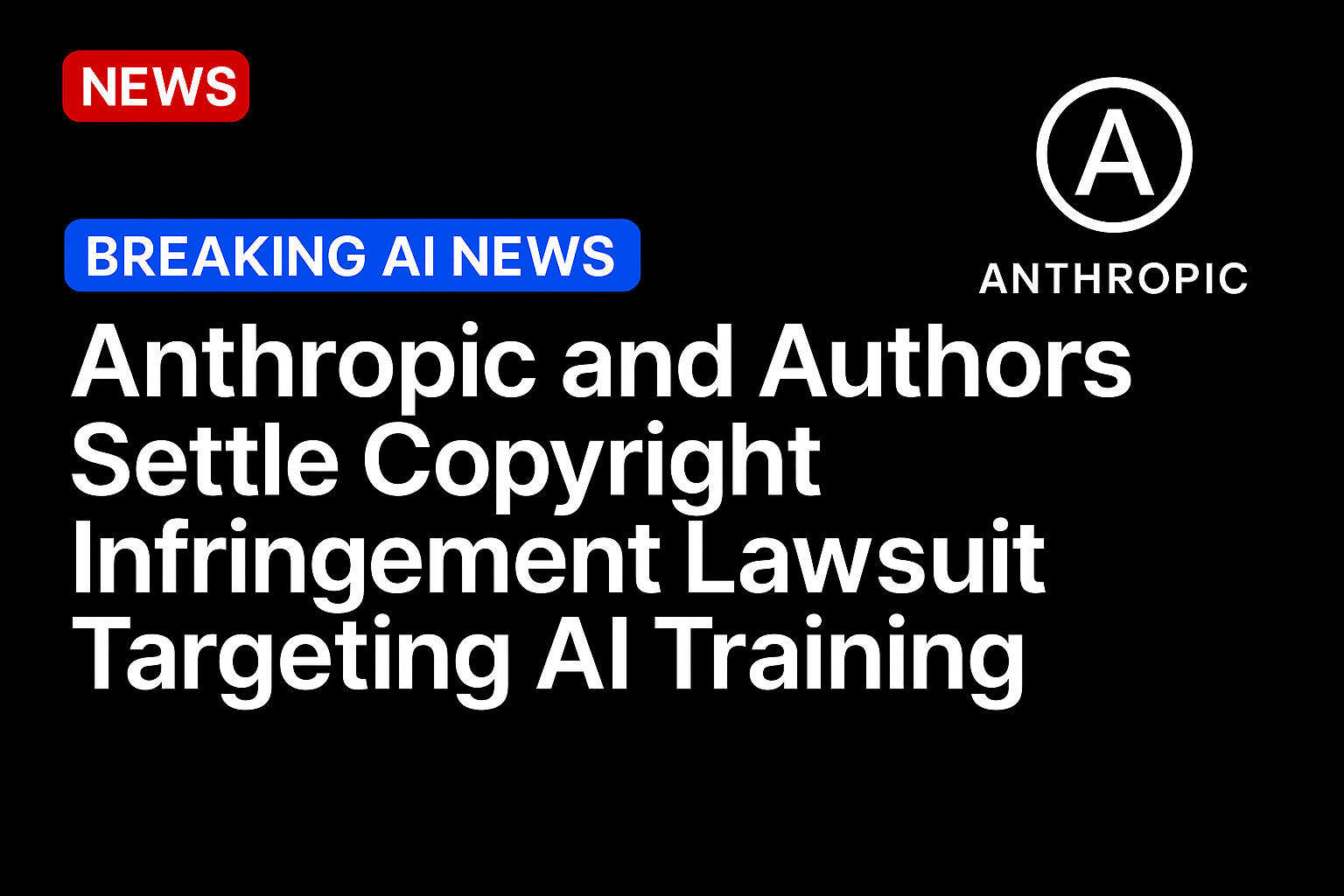Artificial intelligence (AI) startup Anthropic has reportedly settled a copyright infringement lawsuit brought by a group of U.S. authors.
The settlement was disclosed in a Tuesday (Aug. 26) court filing by Anthropic and in a statement by the authors’ attorney, Reuters reported Tuesday.
Neither source described the terms of the settlement, according to the report.
The authors’ attorney, Justin Nelson, told Reuters, per the report: “This historic settlement will benefit all class members. We look forward to announcing details of the settlement in the coming weeks.”
The judge in the case gave the parties a Sept. 5 deadline to file requests for preliminary approval of the settlement, according to the report.
The class action lawsuit against Anthropic was filed last year by writers Andrea Bartz, Charles Graeber and Kirk Wallace Johnson and alleged that Anthropic used pirated books without permission to train its AI assistant, Claude, per the report.
The judge ruled in June that the company may have illegally downloaded as many as 7 million books, according to the report.
It was reported June 24 that the judge found that Anthropic made “fair use” of the authors’ books in training Claude but that Anthropic’s copying and storage of the 7 million pirated books in a “central library” violated the authors’ copyrights and was not fair use.
The judge ordered a trial in December to decide how much Anthropic owes for the infringement.
PYMNTS reported in July that this ruling and another one in a copyright battle involving Meta seemed to embolden tech firms.
The settlement reported Tuesday is the first settlement in a series of cases that allege that companies in the AI industry infringed on copyrights by using material for AI training, the Reuters report said.
It was reported Tuesday that Japanese newspaper publishers Nikkei and Asahi Shimbun filed lawsuits accusing AI search engine Perplexity of copyright infringement.
In that case, the companies alleged that Perplexity has, without their consent, “copies and stored article content from the servers of Nikkei and Asahi” and ignored a “technical measure” created to keep this from happening.
The companies also claimed that Perplexity attributed inaccurate information to the newspapers’ articles, damaging their credibility.
Source: https://www.pymnts.com/




